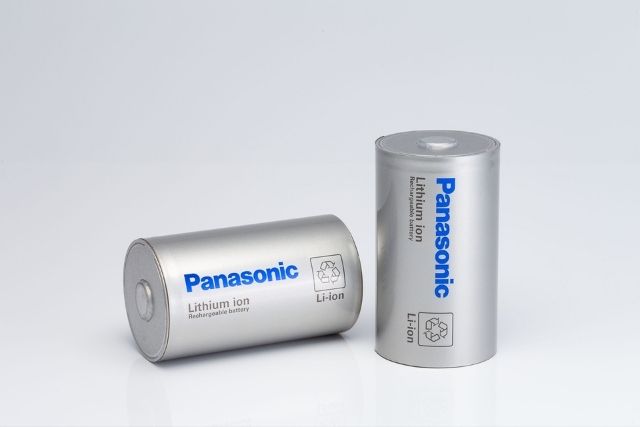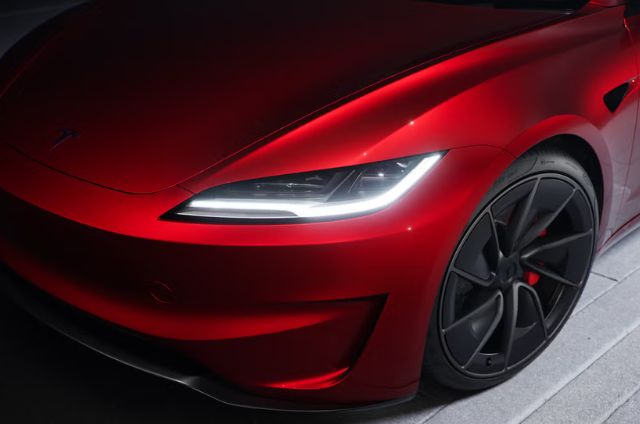Panasonic has officially started mass production of its groundbreaking 4680 battery cells at its Wakayama plant in Japan. This milestone will significantly boost the performance and affordability of electric vehicles, marking a pivotal moment in EV technology.
The 4680 battery cell ia named for its dimensions (46mm in diameter and 80mm in length). As the company mentions, it offers five times the energy storage capacity of its predecessor, the 2170 cell. This translates to extended driving ranges and fewer cells required for each battery pack, cutting production costs and potentially lowering EV prices for consumers.
Tesla, one of Panasonic’s key partners, will surely benefit from the 4680 cells as a major upgrade to the batteries currently used in the Tesla Model Y and Model 3. Panasonic also aims to supply these cells to other automakers, further accelerating global EV adoption.
The new cells not only enhance performance but also streamline manufacturing processes. According to Panasonic, the 4680 battery will play a critical role in making EVs more accessible to mainstream buyers, addressing concerns around affordability and range anxiety.
The Wakayama Plant
Panasonic’s Wakayama factory is more than just a production facility. Dubbed the “mother plant,” it serves as a proving ground for new battery technologies. The facility itself embodies sustainability, running on solar and wind power to minimize carbon emissions. Panasonic aims to achieve “virtually zero” CO2 emissions from the plant, aligning with its commitment to environmental responsibility.
Panasonic’s 4680 Goes for Sustainable Future
“This milestone is the result of years of expertise in cylindrical lithium-ion battery manufacturing,” said Panasonic Energy CEO Kazuo Tadanobu. The company’s innovation aligns with broader trends in the EV industry, where reducing costs and improving battery efficiency remain critical goals.
With mass production of the 4680 battery now underway, Panasonic is poised to reshape the EV landscape, offering a glimpse into a cleaner, more efficient future for transportation.


